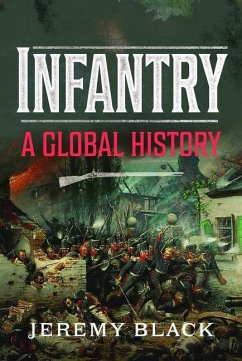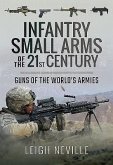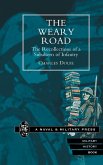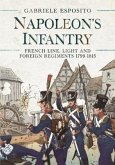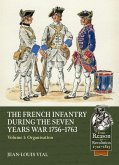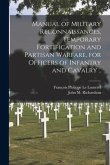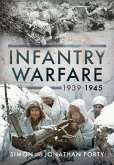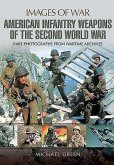"... provides an introduction to the topic that will be useful to hobbyists, public historians, and students in introductory or survey classes on military history." - Journal of Military History 'The infantryman always bears the brunt' according to Field-Marshal Wavell in 1945. The 'Poor Bloody Infantry, ' 'The Grunts on the Ground, ' the infantry have often been seen as the humble, indeed shunned, relations of others, from cavalry to tanks. This book is their story, one from the dawn of human conflict to the present day, a study that looks round the world to consider fighting, weaponry, recruitment, contexts and impact. Infantry as the shock of assault as well as firepower, as the force in state-to-state conflict and in civil warfare, in symmetrical and asymmetrical warfare, are considered, as are the different accounts of development that are offered. Central to the military and to combat, infantry has also served many non-combat roles, notably as the arm of government. Indeed, infantry can be crucial to political history and nation-building, from coups to iconic battles
Bitte wählen Sie Ihr Anliegen aus.
Rechnungen
Retourenschein anfordern
Bestellstatus
Storno

